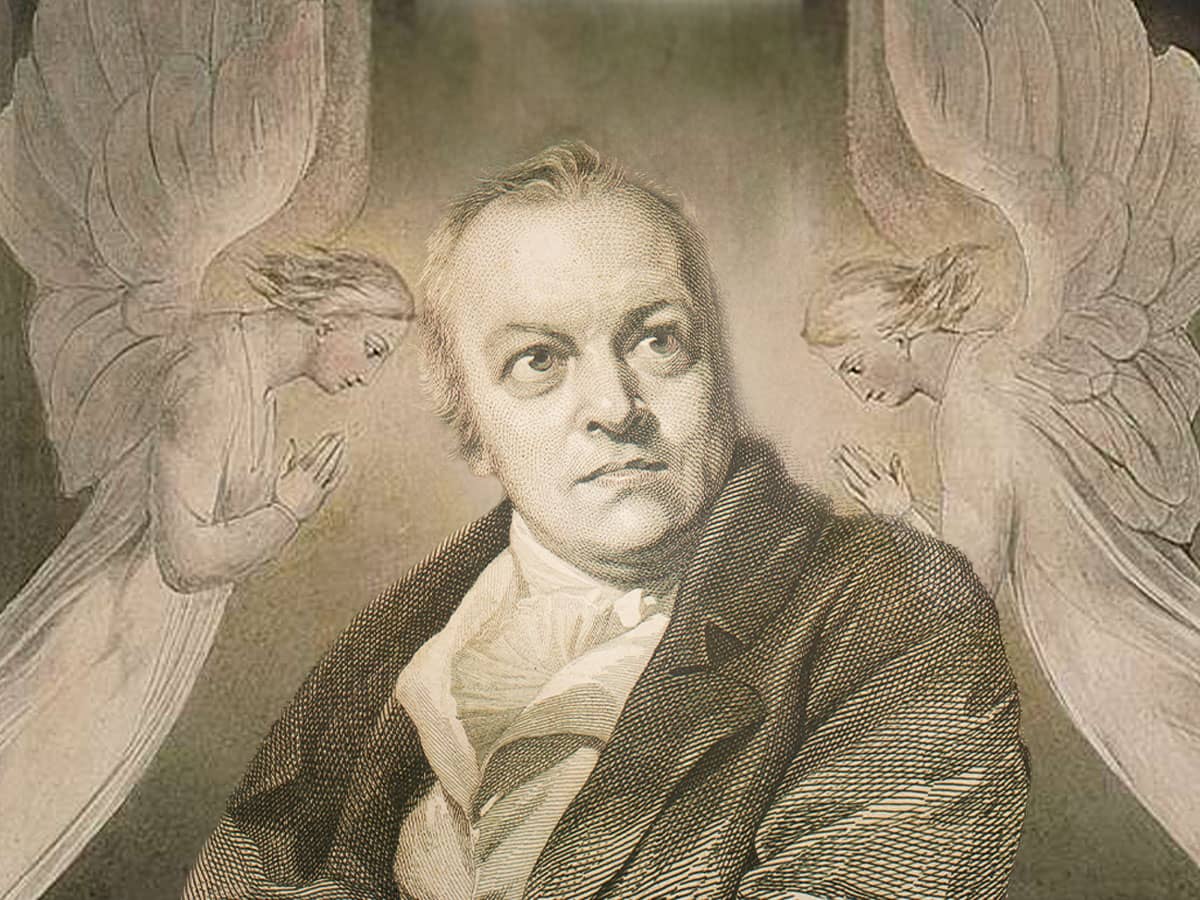
I see the spectacle of morning with emotions which an angel might share,” enthused Ralph Waldo Emerson (like his fellow transcendentalist Henry David Thoreau, a classic morning person). “For what human ill,’ asked Thornton Wilder, “does not dawn seem to be an alleviation?” For morning people, the early hours aren’t just a time of day—they’re a state of mind. At no other time before or after is it possible to feel quite so alive, or quite so good.
Of course, not everybody feels this way. History is as full of impassioned morning haters as it is with morning lovers. In his book T"he Devil’s Dictionary," Ambrose Bierce defined dawn as the hour “when men of reason go to bed.” In ancient China, one morning-challenged mandarin is said to have hated getting up so much that he ordered his servants to wake him up several times each morning just so he could turn over and go back to sleep.
Whether you love it or hate it, morning boils down to one all-important moment: that instant when our eyes pop open and we move from the world of sleep and dreams into the larger light of day. To wake up is to cross a threshold, and like all such crossings it carries with it the opportunity to see the place one is leaving and the place one is entering with a clarity that is available at no other time.
What do we see when we look at life with the eyes of the morning? Possibility. Most people—even some non-morning folk—have experienced those magical mornings when we awake with a feeling that we are, somehow, more than the people we were when we went to bed the night before. On such mornings not only do we ourselves feel different; everything around us feels that way too. All is charged with meaning and promise, as if we have really and truly been born into a new and larger world.
The poet Elizabeth Bishop describes this kind of morning in her poem “Anaphora.”
Such white-gold skies our eyes
first open on, such brilliant walls
that for a moment we wonder
“Where is the music coming from
the energy?
The day was meant for what
ineffable creature
we must have missed?”
But, of course, this feeling doesn’t last. As non-morning people would be the first to point out, no matter how vivid this certainty of being born into a new world might be for a moment or two, it never stays that way. Though we might feel, as another contemporary poet, Richard Wilbur, put it, that “the morning air is all awash with angels,” soon enough we come to our senses, and the day—the ordinary day, with all its usual cares and routines—descends upon us. The new world vanishes, and we find ourselves in the same old one we’ve always been in.
Tomorrow, and tomorrow,
and tomorrow,
Creeps in this petty pace
From day to day
To the last syllable of
recorded time,
And all our yesterdays have
lighted fools
The way to dusty death.
Out, out, brief candle!
Life’s but a walking shadow,
a poor player
That struts and frets his hour
upon the stage,
And then is heard no more:
it is a tale
Told by an idiot, full of
sound and fury.
Signifying nothing.
What answer can a morning-lover give to lines like these? What argument could one come up with for this bleak yet all too accurate picture of the folly of human existence, and the emptiness of all promises that the world might really and truly one day be born anew?
The answer can be given with one word: Easter. If Ecclesiastes is the most resolutely anti-morning section of the Bible, the most pro-morning section is the entire New Testament. From the Gospels through the letters to the Book of Revelation, every word within it turns around that most singular and consequential morning moment in all of human history: the one when Jesus awoke in the early hours of Easter morning, and the world really was, once and for all, truly born anew.
In light of what happened on that first Easter morning, it doesn’t matter that the morning magic we experience in our own individual lives is fragile and fleeting. For though we don’t always have the eyes of morning to see it, that birth into a new and larger world that all mornings promise so tantalizingly has, in fact, actually already occurred. As the first to awaken to the new life that God has promised the whole cosmos will one day enjoy, Jesus, arising in the tomb somewhere in those early hours of the first Easter, is the ultimate morning person: the one whose eyes have already opened to that eternal morning—far in the future yet guaranteed now—when, as Matthew puts it, “the righteous shall shine forth as the sun in the kingdom of their Father.”
That’s the real promise of the morning, and the real reason why no matter what happens later in the day, each dawn gives us a fresh opportunity to rise, and to shine.

